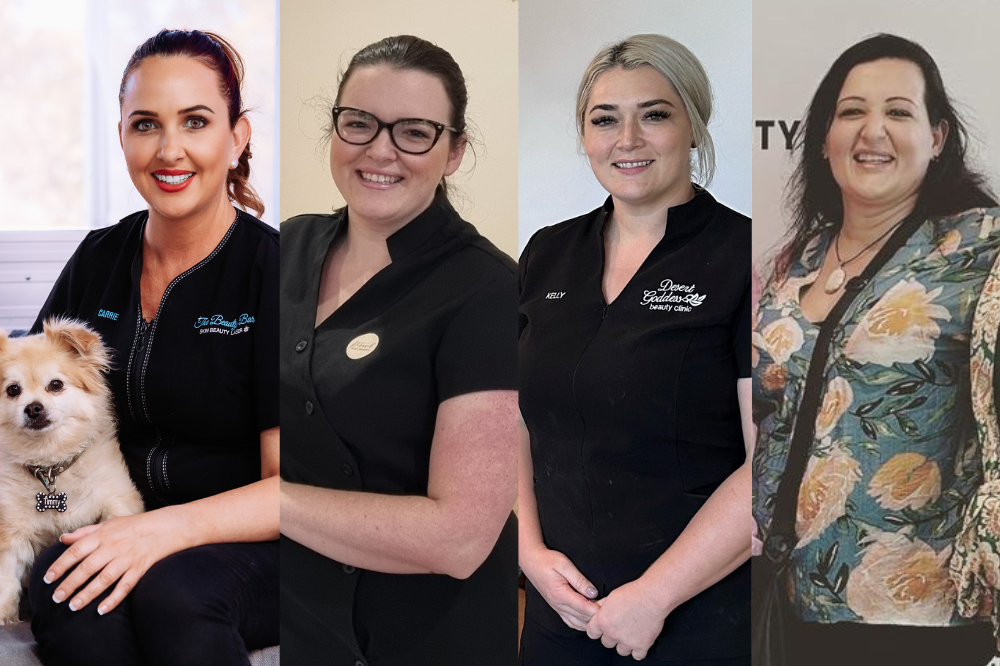Hannah Gay located some of the country’s most remote salons in a bid to understand owners’ challenges and triumphs.
Placed at a remote cattle station 600 kms out from the Northern Territory town of Katherine, salon owner Carrie Martin signals dispirit yet determination. The owner of The Beauty Bar had been compelled to vacate her business in the weeks before we spoke, citing neighbourhood anti-social behaviour and flooding as reasons for her inability to return.
I connected with Carrie, as well as three other beauty salon owners, after scouring Google Maps for businesses operating out of Australia’s most isolated towns. Turns out, it wasn’t the first time Carrie was facing ill-fortune as a small business owner in a remote area. She’s encountered instances of sexism, jealousy and neglect from community members and her local government respectively, bundled with universal frustrations like an inability to retain staff, rising salon repair costs, and a need to monitor the competition.
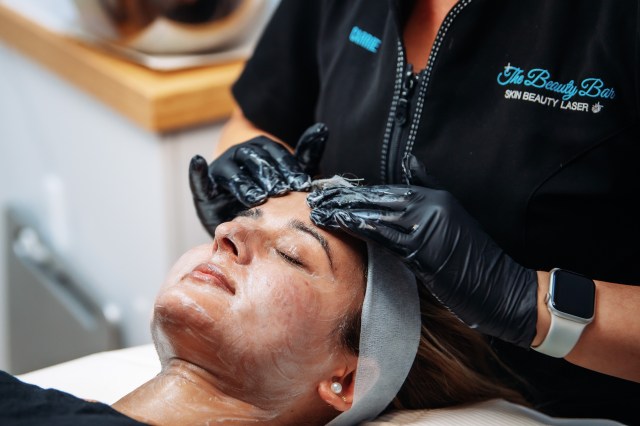
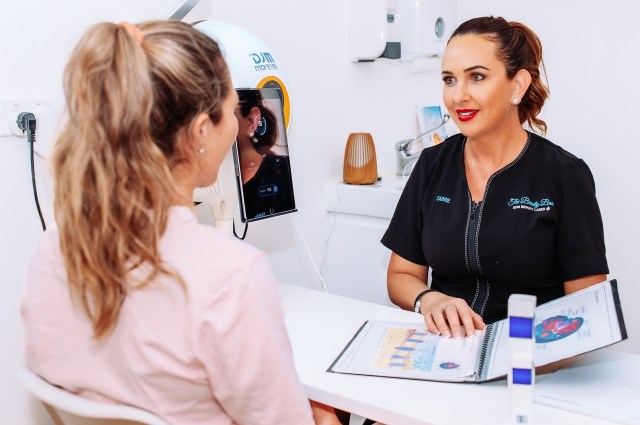
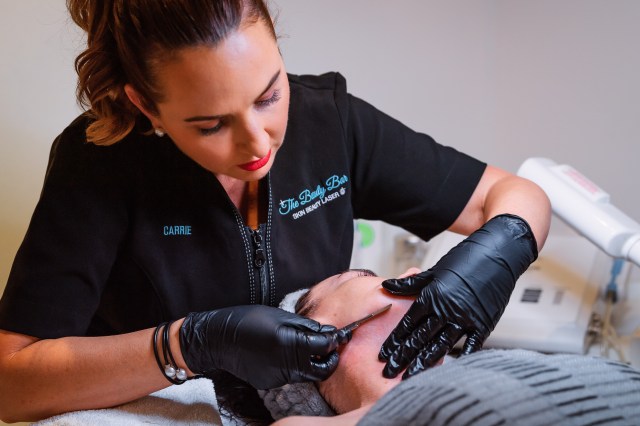
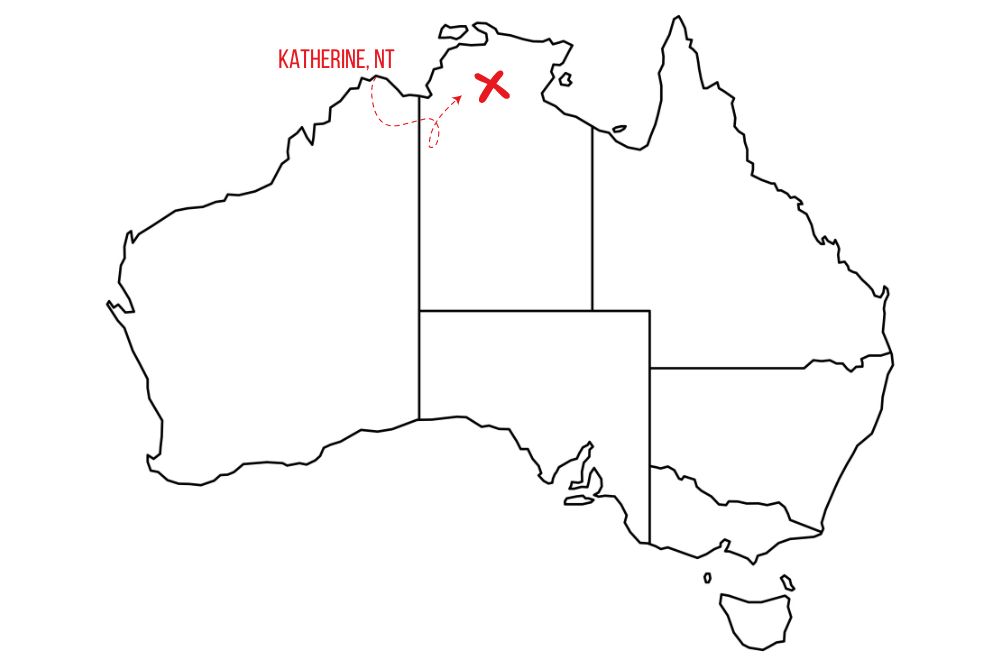
Further afield and Carrie’s concerns – particularly those struggles to recruit and retain skilled employees – echo across the country. Julie Castor is the owner of Relax… You Deserve It in the waterside town of St Helens, Tasmania. At the time of interview, Julie had made “the difficult decision” to place her business up for sale.
“My decision to sell is influenced by various factors,” Julie told me. “While I do believe there is still an immense potential for growth in our coastal business, I’m also mindful of the need to balance work and family life.” The working mother-of-three had hoped she’d have delegated more responsibilities amongst her team, however agrees that operating out of a remote location poses challenges in finding trained staff.
“While we’ve had success with staff who gained qualifications while working, ongoing education remains vital. We often have transient therapists on working holidays, which is helpful in the high seasons and have recently started a young lady in a school-based apprenticeship.” Isolation and limited networking opportunities, as well as higher costs for goods and freight were also sighted by Julie as challenges.
Originally from Sydney, Julie and her family opted to settle in St Helens in a bid to escape the city in favour of a smaller coastal hideaway. “[St Helen’s] is a popular tourist destination known for its outdoor recreational activities such as fishing, boating, mountain biking and bushwalking. It has a mix of residential areas, commercial establishments, and services catering to both locals and tourists.” Relax… opened in 2013 and to this day, remains the only salon in town.
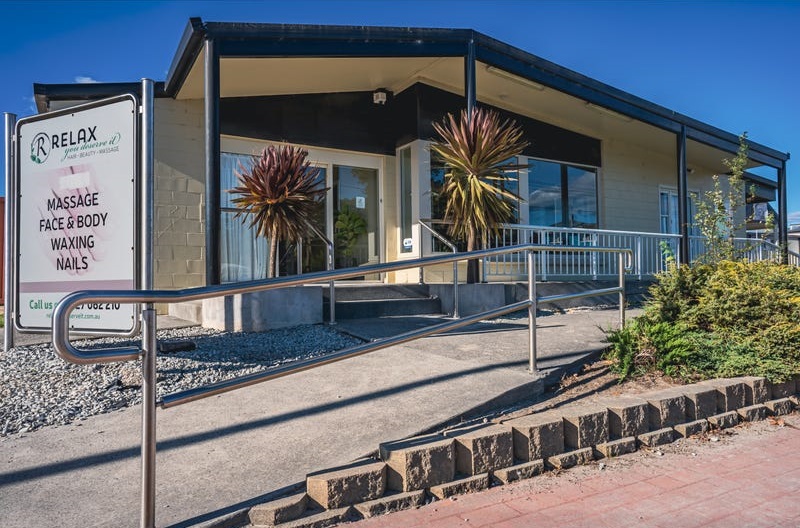
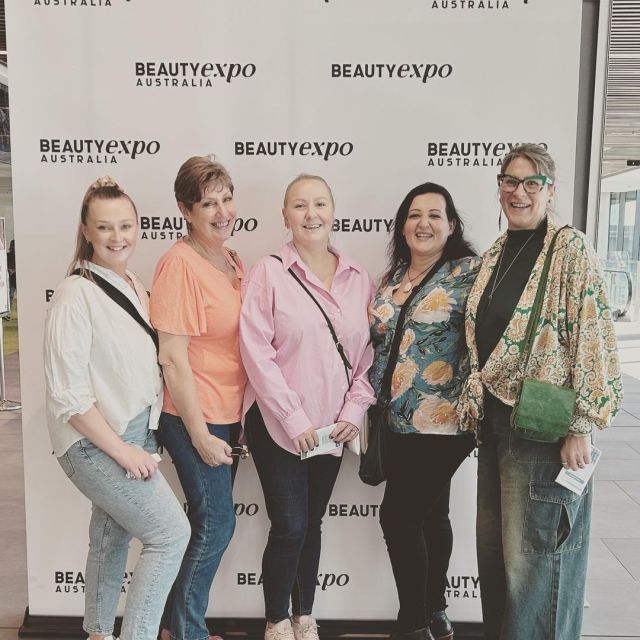
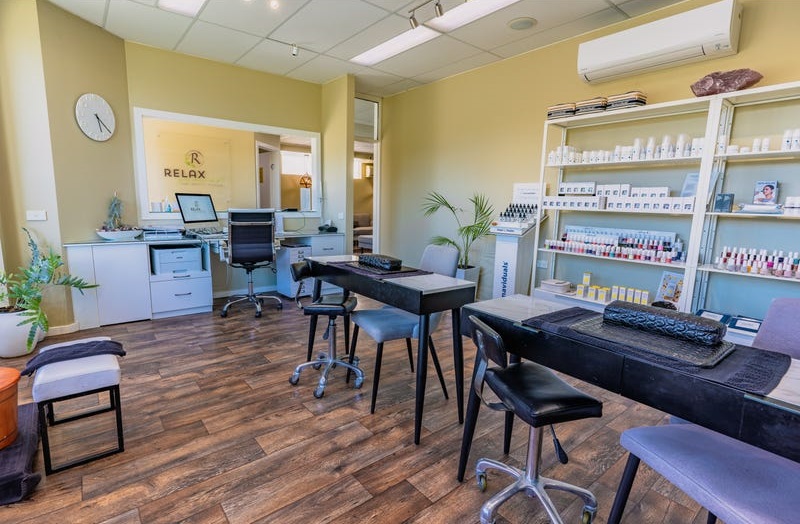
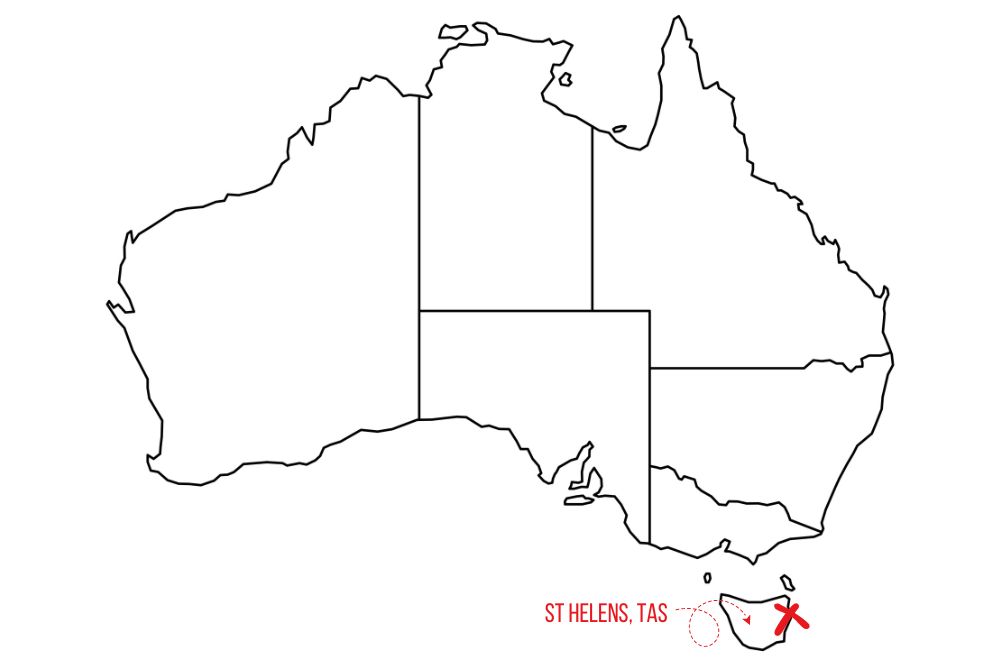
“I began in a small room thinking I would just create a hobby business and enjoy the laid-back lifestyle St Helens has to offer. After two years I had outgrown my one-on-one situation and was ready to expand. A recurring remark we often hear is ‘I never expected to find a salon like this in St Helens’. I firmly believe that everybody deserves access to high standards, so we have endeavoured to establish a salon environment in our town that rivals those found in larger cities.”
Julie expresses a devotion to her community – a source of common ground for these remote businesses. She refers to the strong local clientele her team has established, most of whom she calls “friends.” She said, “our local support keeps us flowing all year long with an influx of visiting guests during the high season.”
Carrie has successfully built a network of dedicated clients travelling from within the community of Katherine, commuting three hours down from Darwin, and as many as nine hours up from the nearby Victoria River district. She also services neighbouring Indigenous communities made up of nurses, police officers, school teachers, and the surrounding pastoral industry.
Raised on a cattle station “in a small wheatbelt town with no other girls the same age”, and educated at a boarding school in Perth, Carrie’s upbringing was diverse. Time spent in the city triggered Carrie’s creative side, where she’d commence trips to the local chemist to experiment with acrylic nails. “Growing up in such isolating circumstances, my social skills were never there. And so I was never going to become a beauty therapist straight out [of school] because I didn’t know how to talk to women… it was very daunting.”
Carrie eventually returned to Perth to complete her beauty therapy studies, feeling “out of my depth” amongst a sea of strangers. “It was hard for me to get my head around when [I was used to being] surrounded by people all day long in the stock camp, in the outback and riding horses, chasing cows. I did end up with depression from that… it was very hard, but I just knew how to keep the end in mind. I loved my craft, it really gave me something… to make others look and feel good.”
Self-belief led Carrie to her first role at a Perth-based salon, before relocating north of Western Australia to Kununurra where she’d spend several years running her own business. “I had to be really disciplined with self-studying… had to back myself. I’d a point of going to Beauty Expos and keeping in contact with my [former] bosses and any suppliers… and getting that network around me.”
“I grew up where there were no [beauty] services for my mum, aunties or Nana, and they had to drive wherever to just get their legs waxed because that’s all they could afford. Even that was a real treat, you know? There’s never been the services that we need in this day-and-age. I’ve always wanted to be the one to provide them so women can keep working in the [agriculture] industry,” Carrie said.
Set against similar rural surroundings is Desert Goddess Beauty Clinic (DGBC), located in the far-west outback mining hub of Port Hedland, WA. Owner Kelly Cox is proud of her award-winning business, which hosts a clientele 80 percent of whom are regulars, largely of middle-age. Like Julie, Kelly grew from a solo operation to a bigger, busier business over time by offering “a very professional and dedicated approach to performing treatments.”
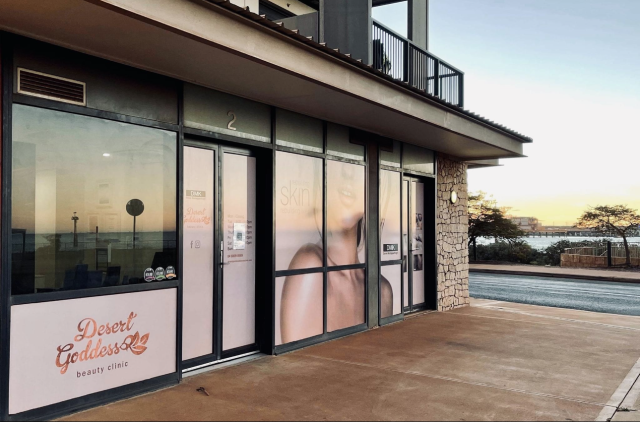
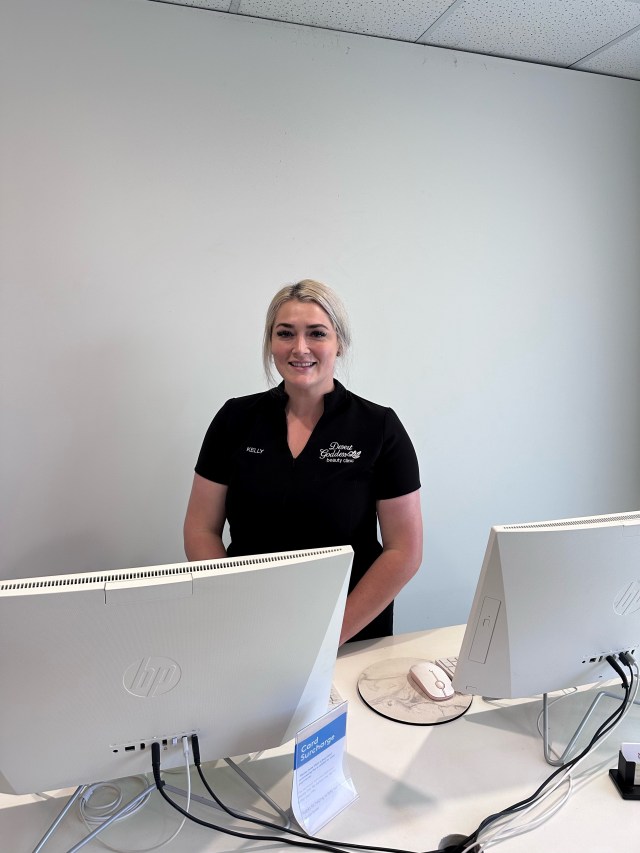
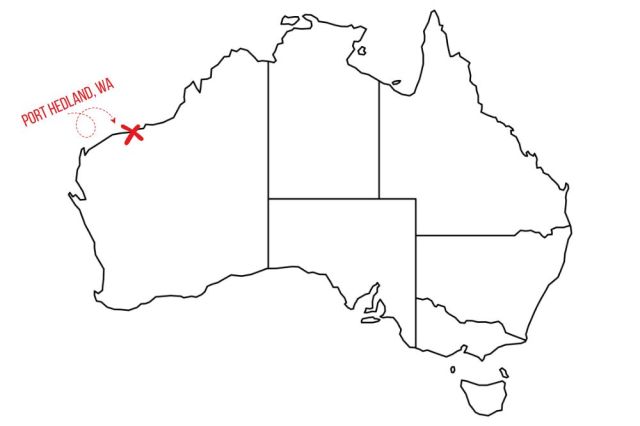
She concurs that long freight wait times can be burdensome, but is quick to relay the many positive benefits to operating out of a remote location: “the friendships you make with your clients – we have such a beautiful clientele, support from other businesses where everyone works together, and the help council [provides in] supporting small businesses.” She notes her luck in having “a great team” to support her, despite limited therapist numbers in the region.
Where skin-centric salons are springing up with regularity in Australia’s major cities, services like waxing remain popular in remote locations such as Kelly’s. So too is the case down in Bordertown, South Australia at Natural Soul Beauty. “Waxing would be our biggest service, but nails, lashes, brows, pedicures, and our skin treatments are popular, too,” explains owner Samantha Tink. Even in one of the country’s southernmost regions, pigmentation remains one of the biggest skin conditions to treat. Samantha and her team also regularly address clients guilty of using “the wrong products for their skin” as they are often dry or dehydrated, and have skin that struggles to heal itself.
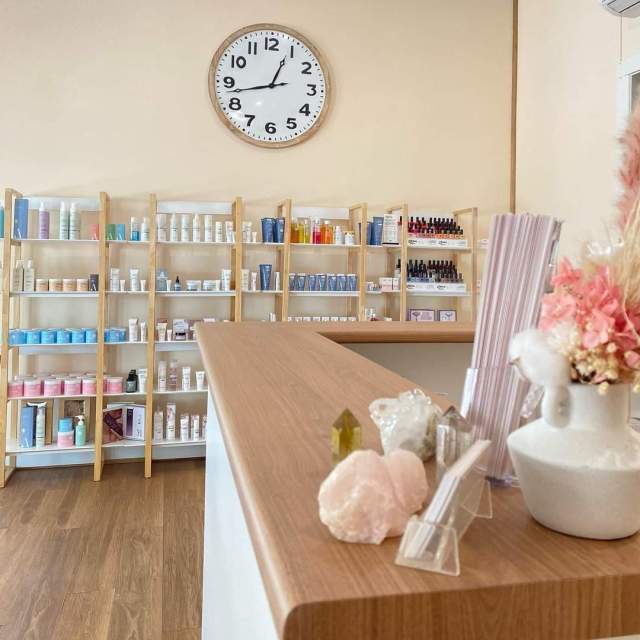
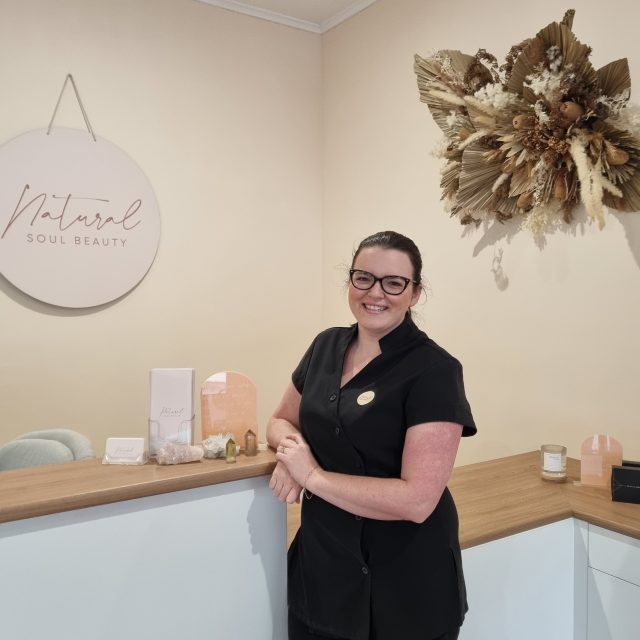
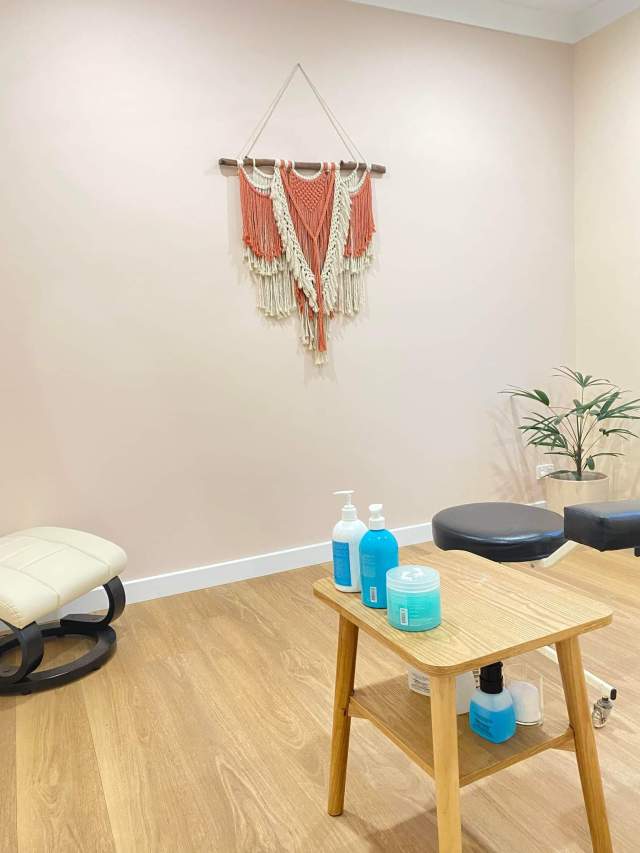
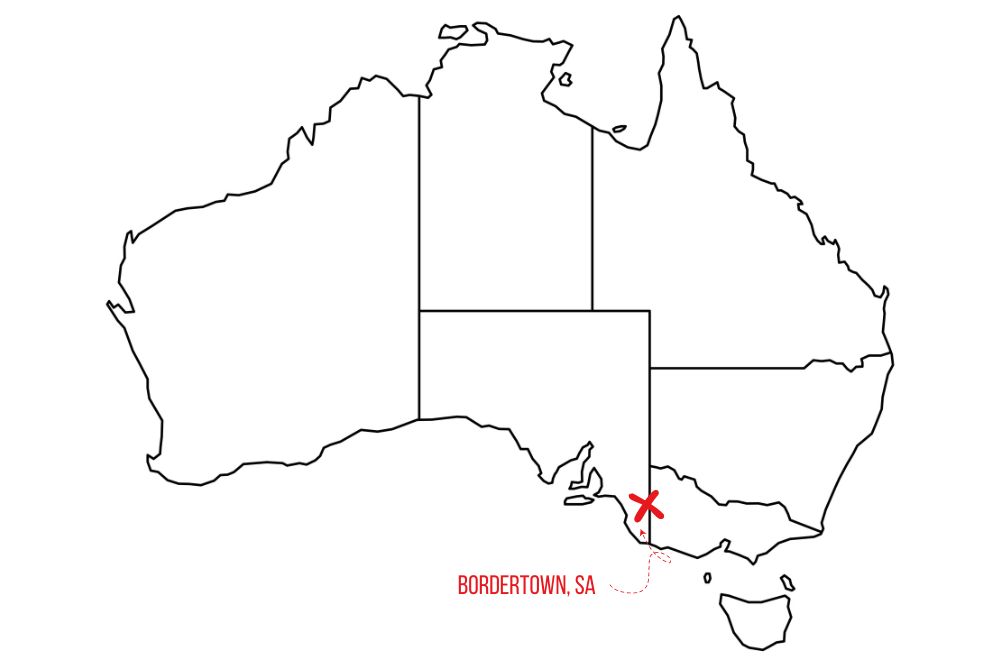
Samantha services a broad variety of clients. “My youngest have probably been around three or four years-old getting their nails painted for a birthday, and my oldest has been 93, also getting her nails done regularly.” 99 percent of her clients are female, most of whom are regulars. Samantha’s roots are in Bordertown, having completed her education and bought her first home in the area. “I’m settled here and don’t want to move. Being in a small country town means that clients know who you are and they trust you.”
Back in St Helens, Julie’s team follows corneotherapeutic principles to treat the skin holistically, in conjunction with more intensive microneedling sessions. “Massage and facials are most requested, with other maintenance treatments being quite seasonal. Winter can be cool in Tasmania, so treatments like waxing and pedicures aren’t a priority when you’re all rugged up. We also utilise sound therapy in some of our massage services, and the infrared sauna is regularly visited,” Julie says.
Since 2017, Carrie has stepped in-and-out of the salon while utilising her industry know-how to operate an e-commerce site selling skincare products to her dedicated client base. “When you’re female and you grow up in the bush, you grow up to be a diverse person; to adapt,” she tells me. The entrepreneur is also known to operate pop-up salon services throughout The Kimberly and central NT, all from the back of her custom-built horse float. “Girls would come from everywhere, and they’d have days off work to come in and get their skin treatments, lashes and brows.”
Today, the four-times Circadia Clinic of the Year recipient offers an extensive treatment menu, from makeup and waxing, to laser and microblading. Carrie’s current bricks-and-mortar salon has been open since 2019, but not without overcoming numerous hurdles. Following a period of unpredictable COVID restrictions, Carrie tells me of a 2023 break-in that left her with a broken laser device and windows, awaiting resolution from her landlord. A wild wet season has led to consistent leaks and electrical hazards. She sounds anxious when describing the anti-social behaviour, not unlike that reported in Alice Springs in recent weeks, circulating her community. “I’m second guessing my business being here because of the government just not pulling their shoes up at the moment,” Carrie admits. “The government is not making life easy for us small business owners.”
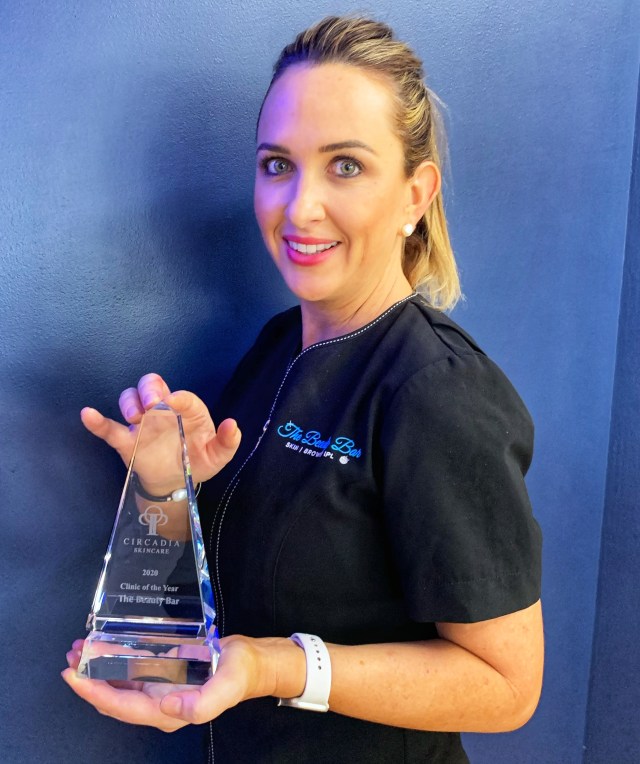
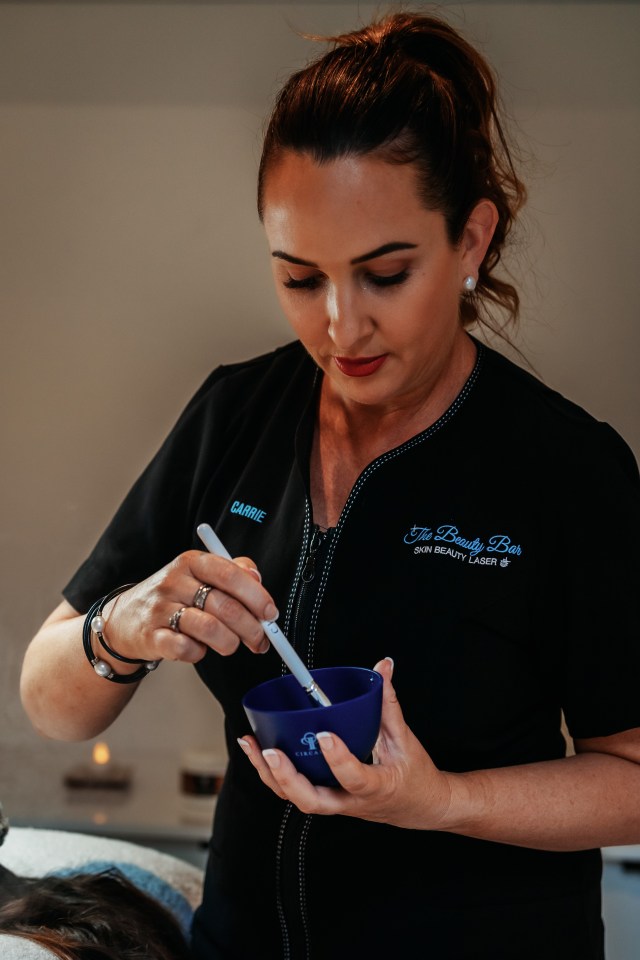
Five weeks post-interview, and Carrie is back on her feet and taking clients in Katherine. “Tourists have started coming in, so it’s great to have some new faces in.” In hopes of building her team, Carrie is undertaking business training with Rebecca Miller. “It’s really good for me to be a part of coaching groups because I’ll think, ‘I’m the only one having a staffing issue because I’m in a remote town’, but no – it’s all the other [salon owners] as well. It’s just good to get that reassurance.”
No matter how small or great the challenges they face, the owners of remote salons share something special in common: resilience.
Read the current issue of our digital magazine here:
- For more news and updates, subscribe to our weekly newsletter
- Follow us on Instagram
- Like us on Facebook
- Join Australia’s largest network of beauty industry professionals on LinkedIn
- Subscribe to our print magazine
Have an idea for a story or want to see a topic covered on our site and in our pages? Get in touch at info@professionalbeauty.com.au.

